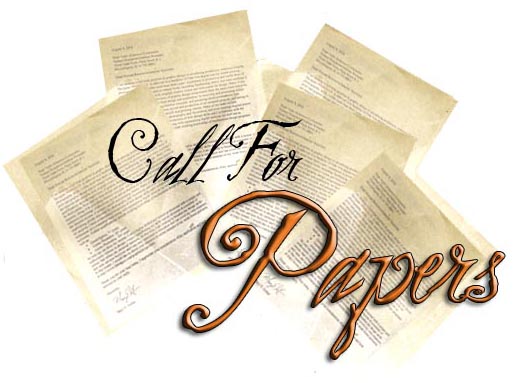Building on the cognitive appraisal theory, the present study hypothesized and tested the relationship between leader’s malicious envy and two types of knowledge-hiding behavior – playing dumb and evasive hiding – both directly and indirectly, via interpersonal injustice. Based on time-lagged (three rounds, three months apart) survey data collected from 311 employees from different public sector universities in Pakistan, the present study revealed that leaders’ malicious envy is positively associated with both evasive hiding and playing dumb. Importantly, the study established interpersonal injustice as an underlying mechanism of the positive association between leaders’ malicious envy and evasive hiding, as well as the positive association between leaders’ envy and playing dumb. The study provides policymakers and managers with important practical implications.
Keywords: Leader’s Envy, Leader’s Malicious Envy, Knowledge Hiding, Interpersonal Injustice.





